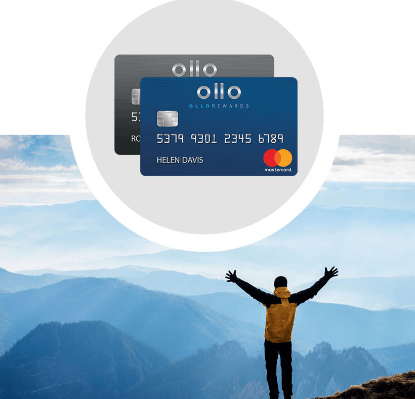Providing access to reliable telecom networks empowers communities. This helps to foster economic growth and reduce social inequalities.
The digital revolution is transforming how we live, work, and communicate. But only some have the same opportunities to navigate this new landscape. This is known as the digital divide. The goal is to close this gap to create inclusive growth.
Connecting the Unconnected
High-quality connectivity is critical to help people access the digital resources and skills needed to thrive in our modern world. But despite a growing economy, many communities still need to be connected. Whether due to geography or a lack of affordability, some households don’t have access to the Internet and phone services they need to achieve success.
Technology can bring new capabilities to regions where it is deployed. Mobile phones brought cell signals to areas that had never been served, while 5G is being rolled out in places that skipped 3G altogether.
Individual end users, however, need devices to use the new capacity – and these can be expensive. Device financing solutions can make these affordable and limit the risk of the devices being repurposed for illegal activities like sales or trades on the black market.
By becoming a Lifeline master agent, you’ll take on this critical role, providing vital phone and internet service to eligible households nationwide and growing your business.
Economic Growth
As the global digital divide grows, it undermines economic growth in developing countries. According to experts, the lack of broadband internet access prevents individuals from engaging in online commerce and accessing government services, negatively impacting the economy. Investing in expanding network infrastructure and digital connectivity helps bridge the gap and stimulates economic development.
Enhanced education opportunities and improved healthcare are two ways digital inclusion benefits economies. Increased connectivity allows students to tap into e-learning platforms, providing equal access to quality learning opportunities regardless of where they live. Likewise, expanded broadband internet connectivity supports improved telemedicine services, which can significantly reduce costs for hospitals and patients.
In addition, ensuring that most households have internet access can support economic development by allowing people to trade goods and services online, fostering small businesses and job creation in local communities. This also enables citizens to connect with remote governments and encourages civic participation. Moreover, a government phone distributor can help close the digital divide by promoting access to affordable devices for individuals.
Education Opportunities
The COVID-19 pandemic brought into sharp relief the need to prioritize digital access for all citizens. For families, affordable access to technology and the Internet can allow kids to continue their online education and help them stay on track with school assignments when they are home from class, allowing adults to work remotely and helping all members of the family feel connected to their community and their local government. For aspiring entrepreneurs, becoming a Lifeline master agent provides the opportunity to elevate your career by building a service network that uplifts communities alongside your financial goals.
The digital divide is a natural and severe problem exacerbated by some of the most vulnerable households that can’t afford broadband. The recurring image of families parked outside libraries or other public sites that offered Wi-Fi during the pandemic was an especially stark reminder of this gap. To reduce this gap, state and local governments have found innovative ways to increase accessibility.
Health Care
As healthcare adopts telehealth tools, we must consider broader barriers preventing digital health engagement beyond technology and internet connectivity. Anyone who has tried FaceTime with a loved one on LTE knows how a slow connection can hamper the use of a device, but that is just one example among many.
As the COVID-19 pandemic has increased funding investments in telecommunications infrastructure and lifted policy restrictions catalyzed by the pandemic, many families and households remain disconnected from the web. A recently passed federal benefit to help support Internet access during the pandemic is helping, but more needs to be done.
Researchers exploring digital health equity have found that it’s not just tech and internet availability but also other factors keeping people from taking advantage of telehealth services. A study of a refugee community helped these scholars understand that innovation for what communities lack must be balanced with innovating for their skills, cultural context, and existing technology. This must be the new paradigm for healthcare’s digital divide conversation.
Read also The Future of Sales: Leveraging Technology With Territory Mapping Software
Civic Participation
Civic participation can be a powerful tool for communities. It allows citizens to influence the policies and values of their government organizations and ensures that policies reflect the people’s interests. It fosters a sense of trust in governance, creating more resilient and vibrant societies.
But many residents don’t know how to get involved or are afraid to do so. They may not understand how their voice can impact decisions or how to best communicate with their city or county governments. They may also have limited access to the Internet due to affordability and accessibility issues, such as spotty or slow connections or devices that are difficult to navigate.
To encourage civic participation, local governments must engage their citizens by listening and providing them with opportunities for meaningful engagement. They should also promote ways to engage, such as through citizen surveys that offer a variety of methods for expressing opinions. They should also provide support to ensure that all citizens can participate, such as through ensuring affordable broadband access and helping residents understand how they can use technology to improve their lives.







